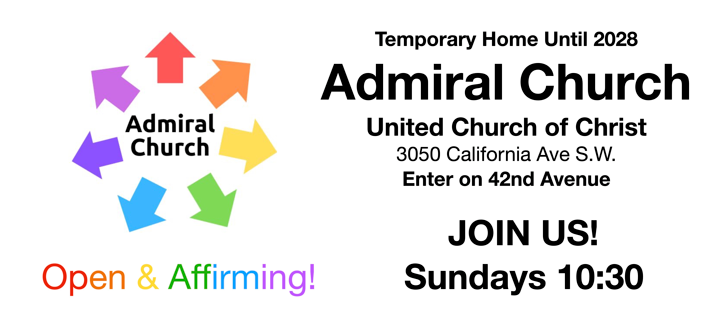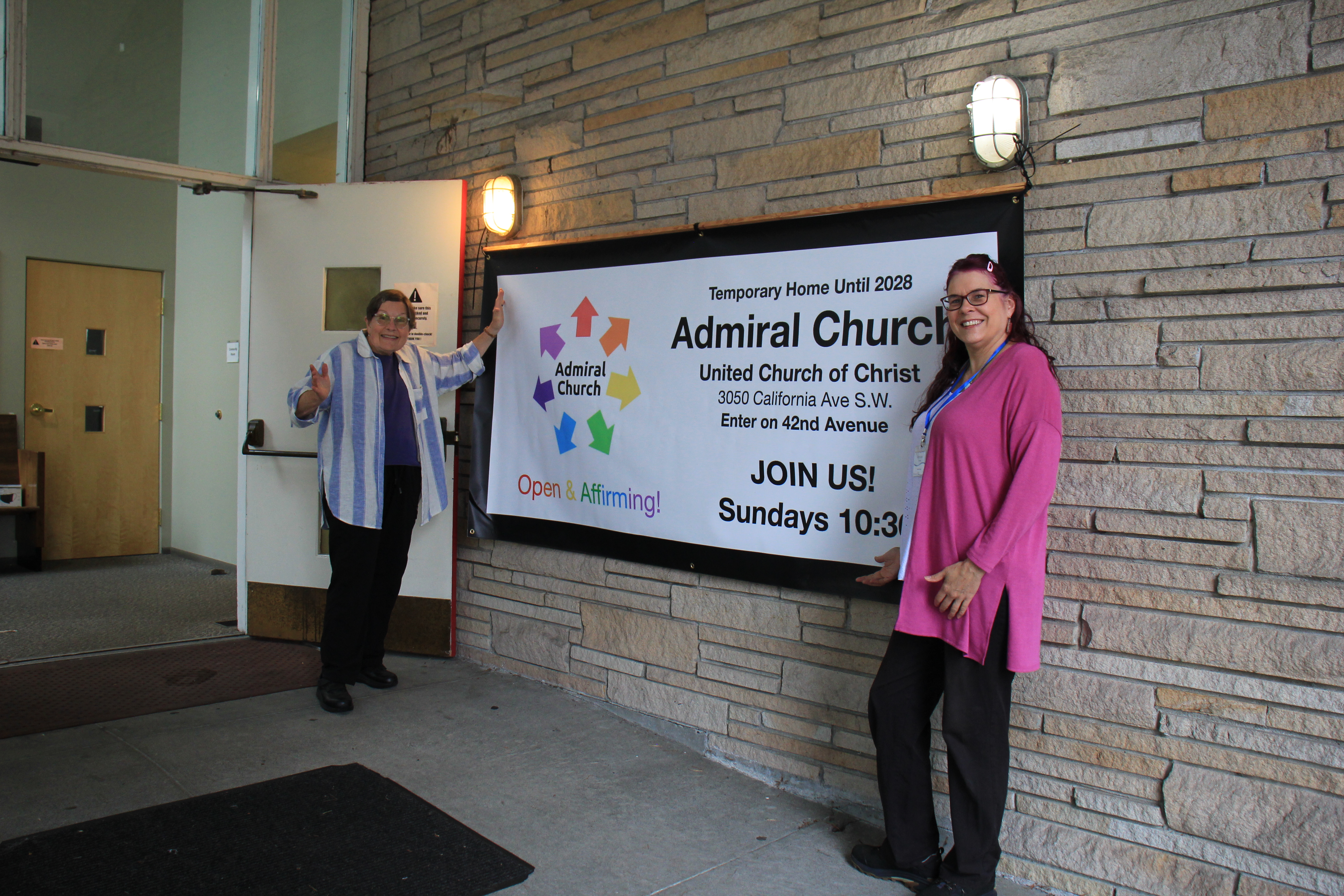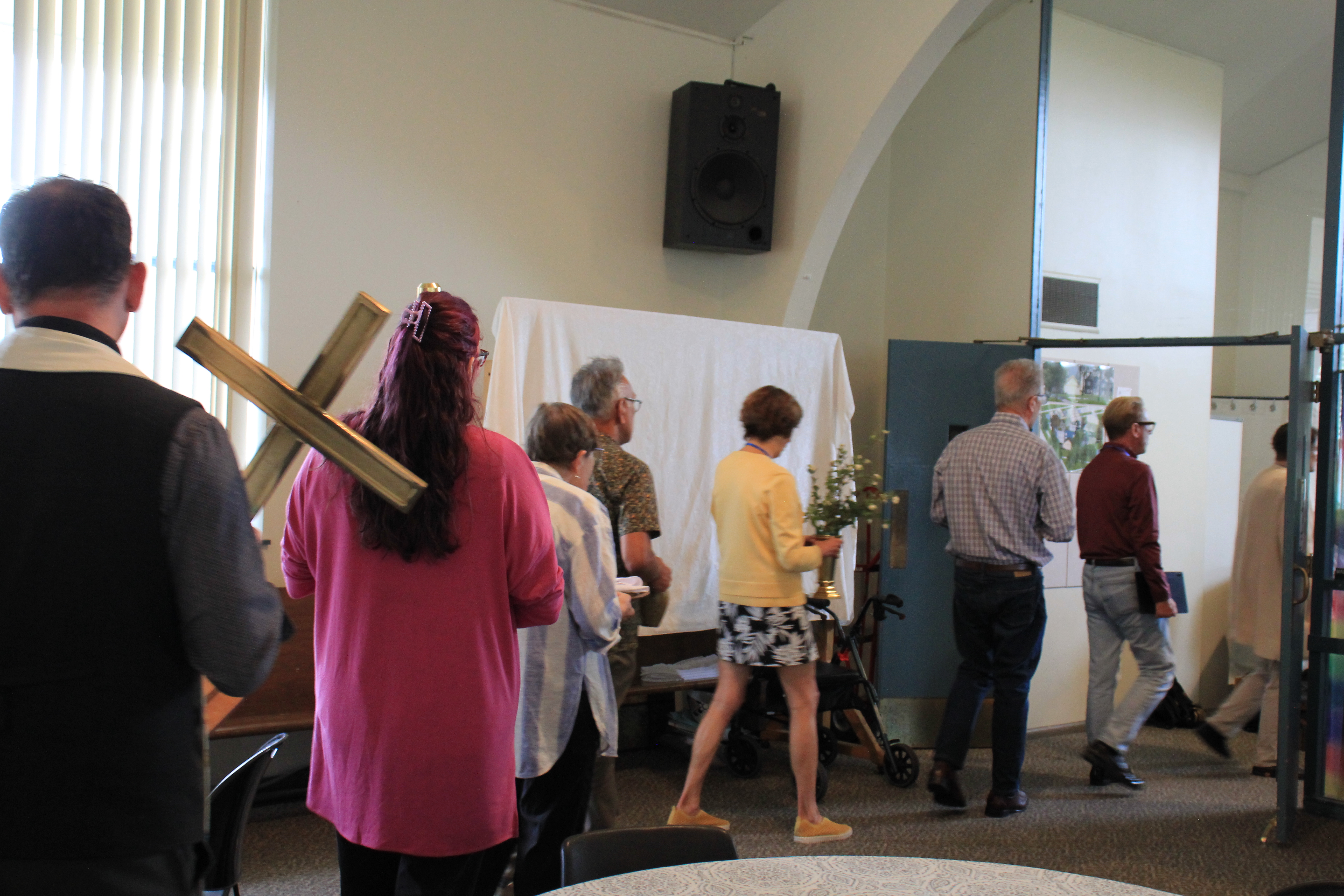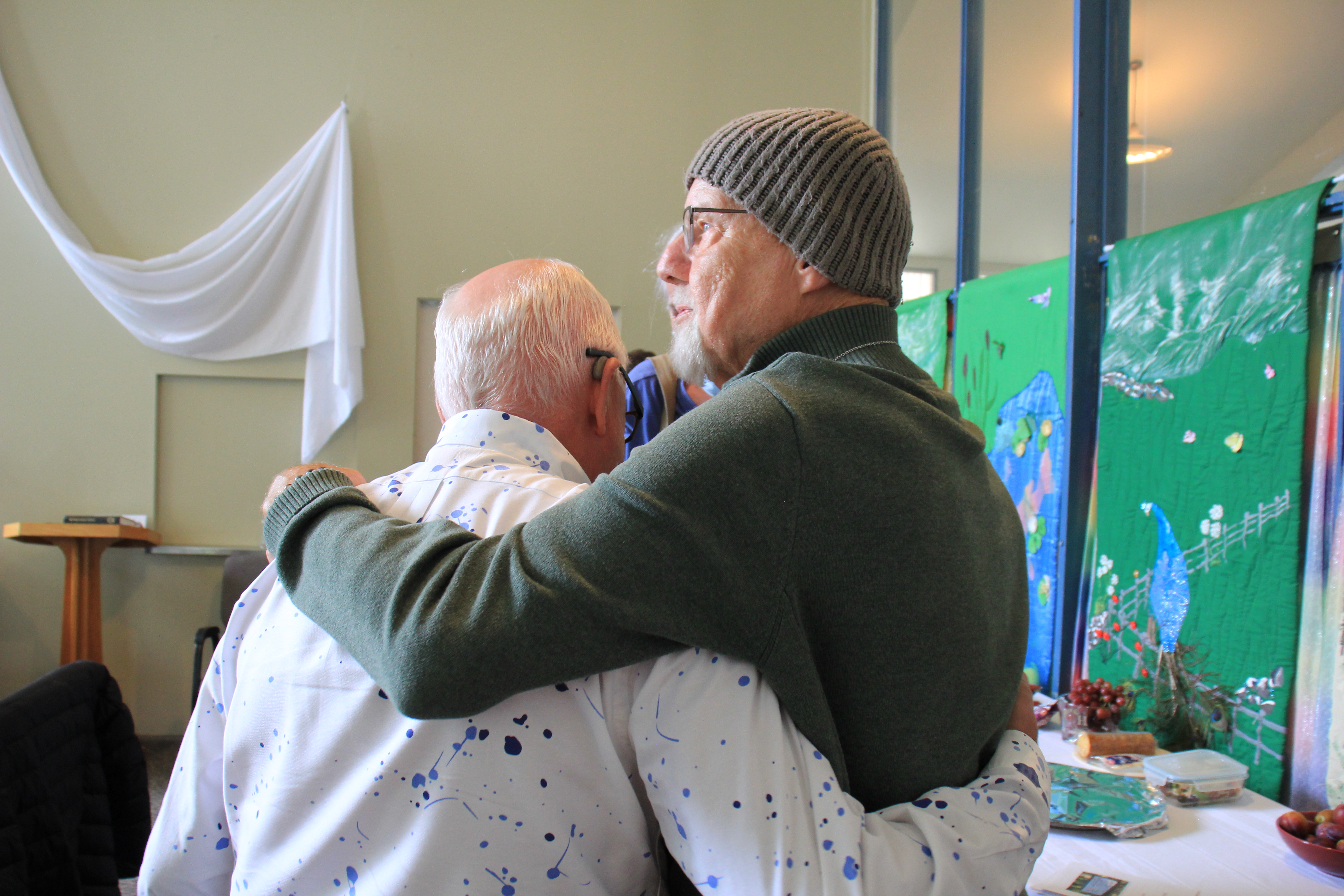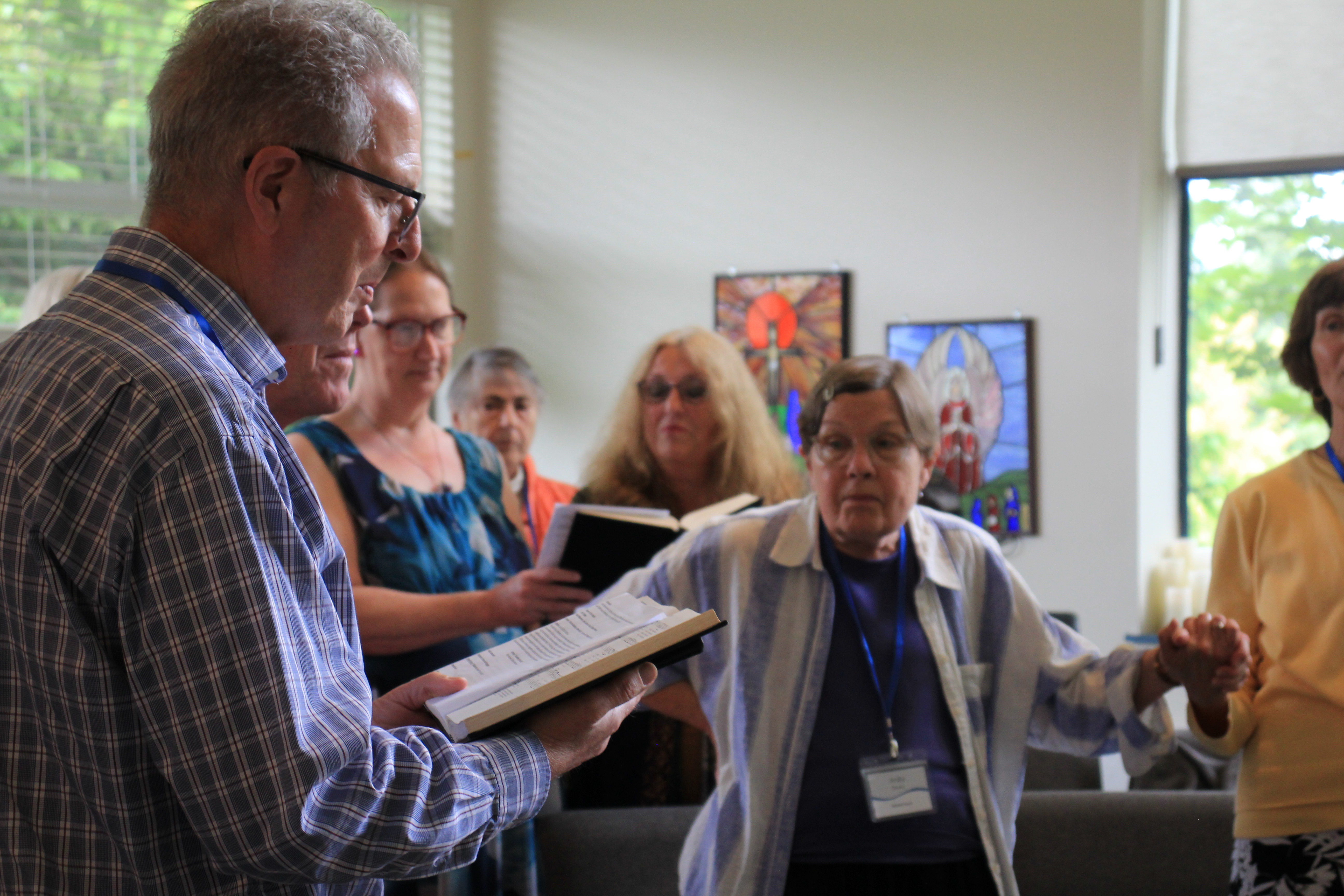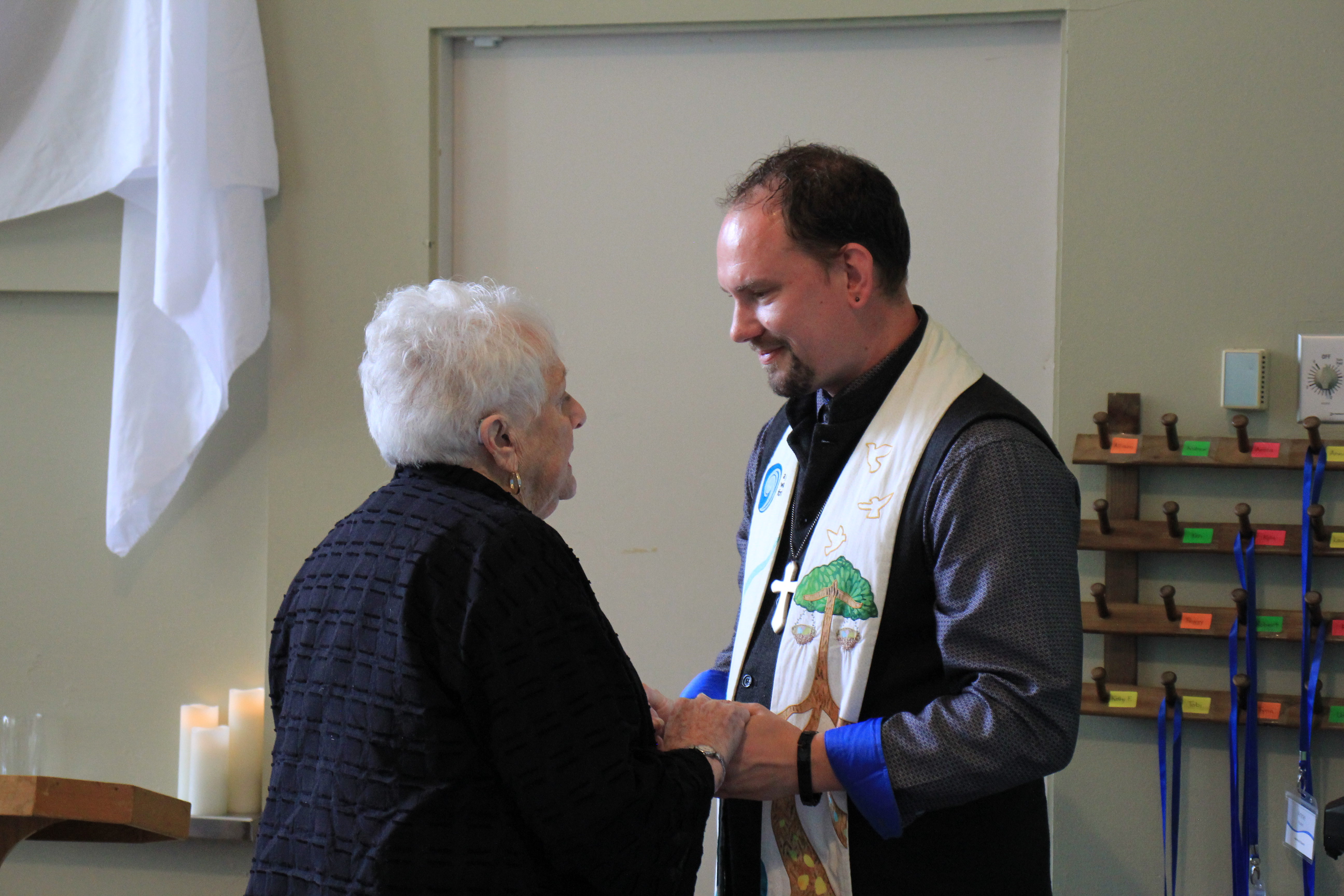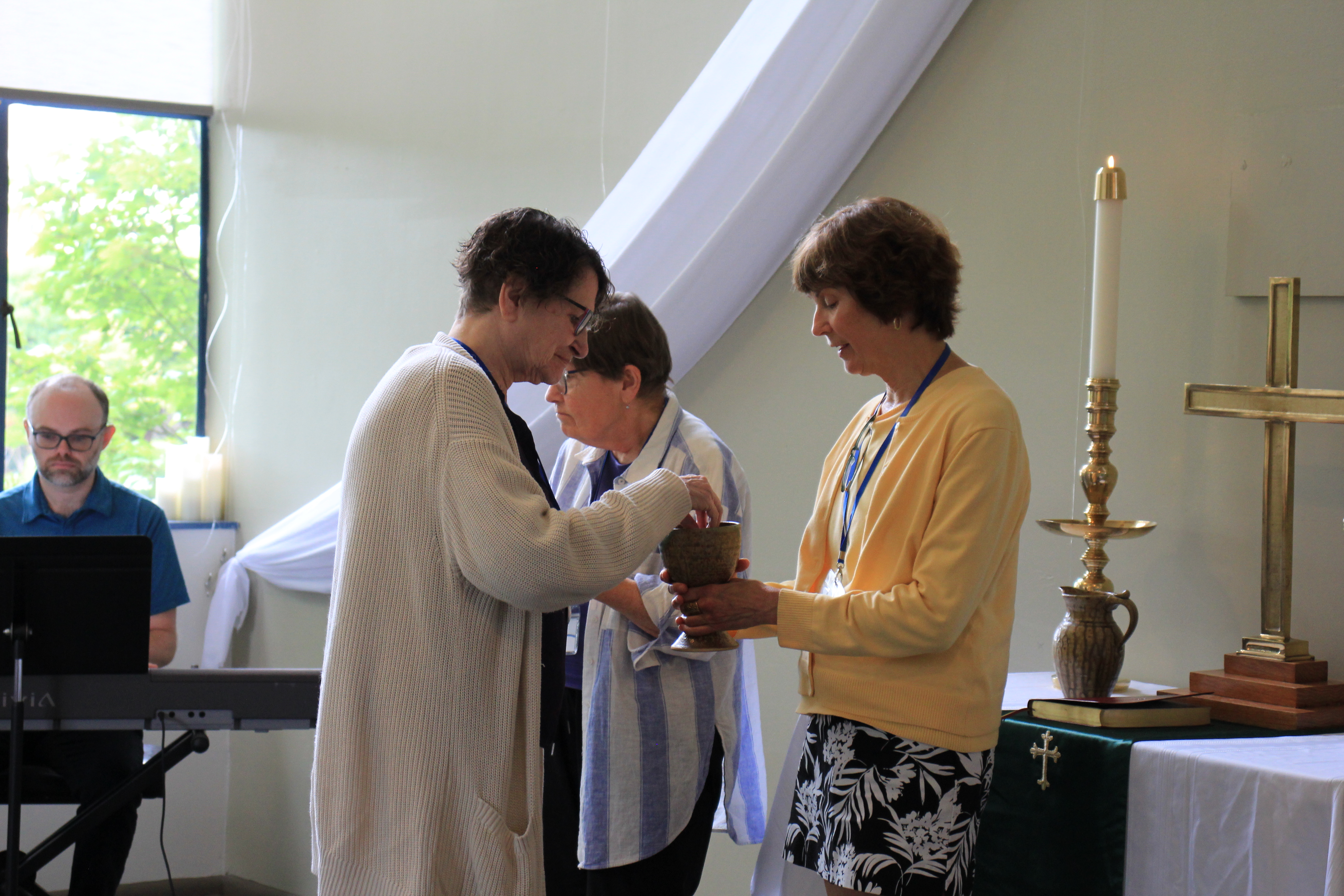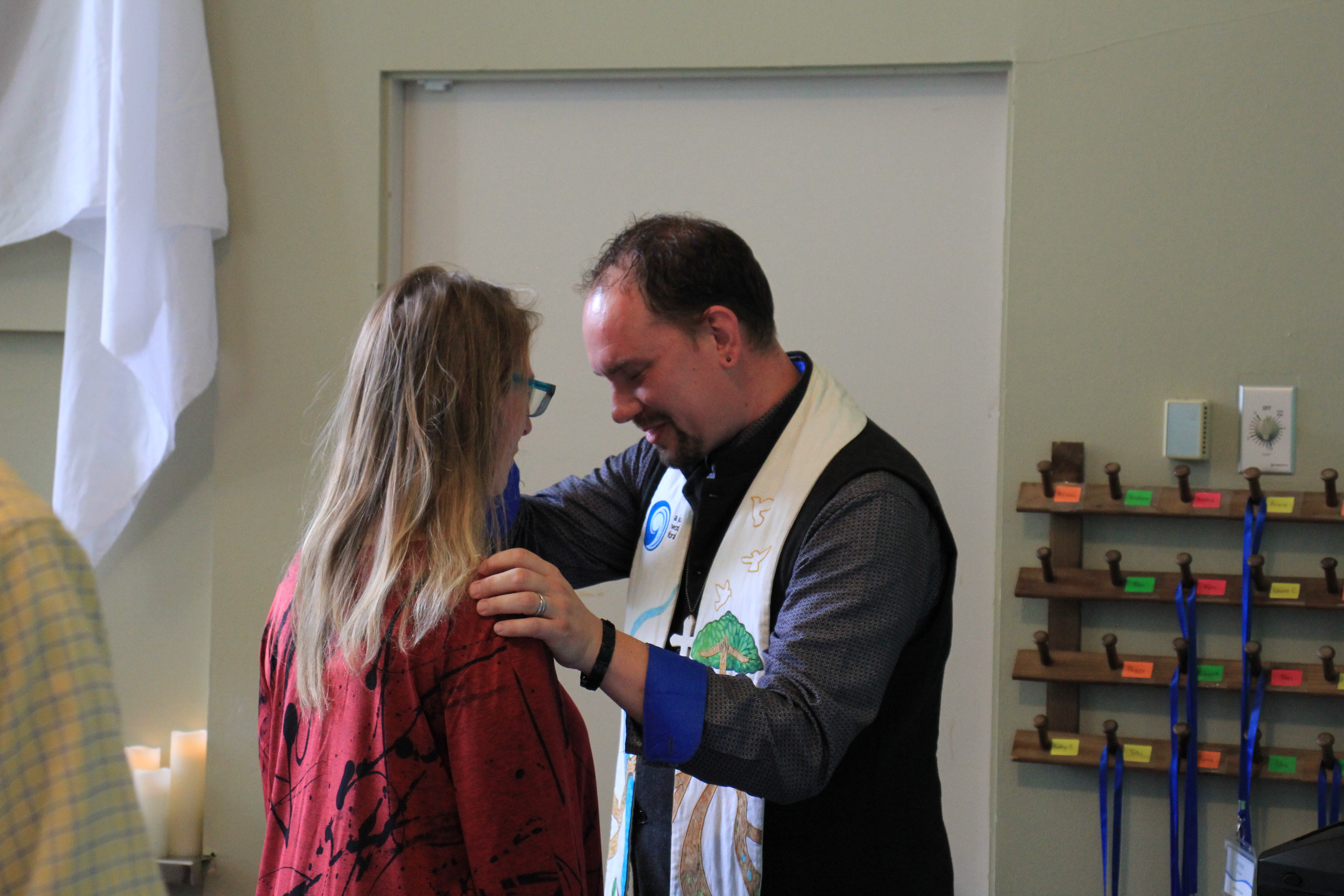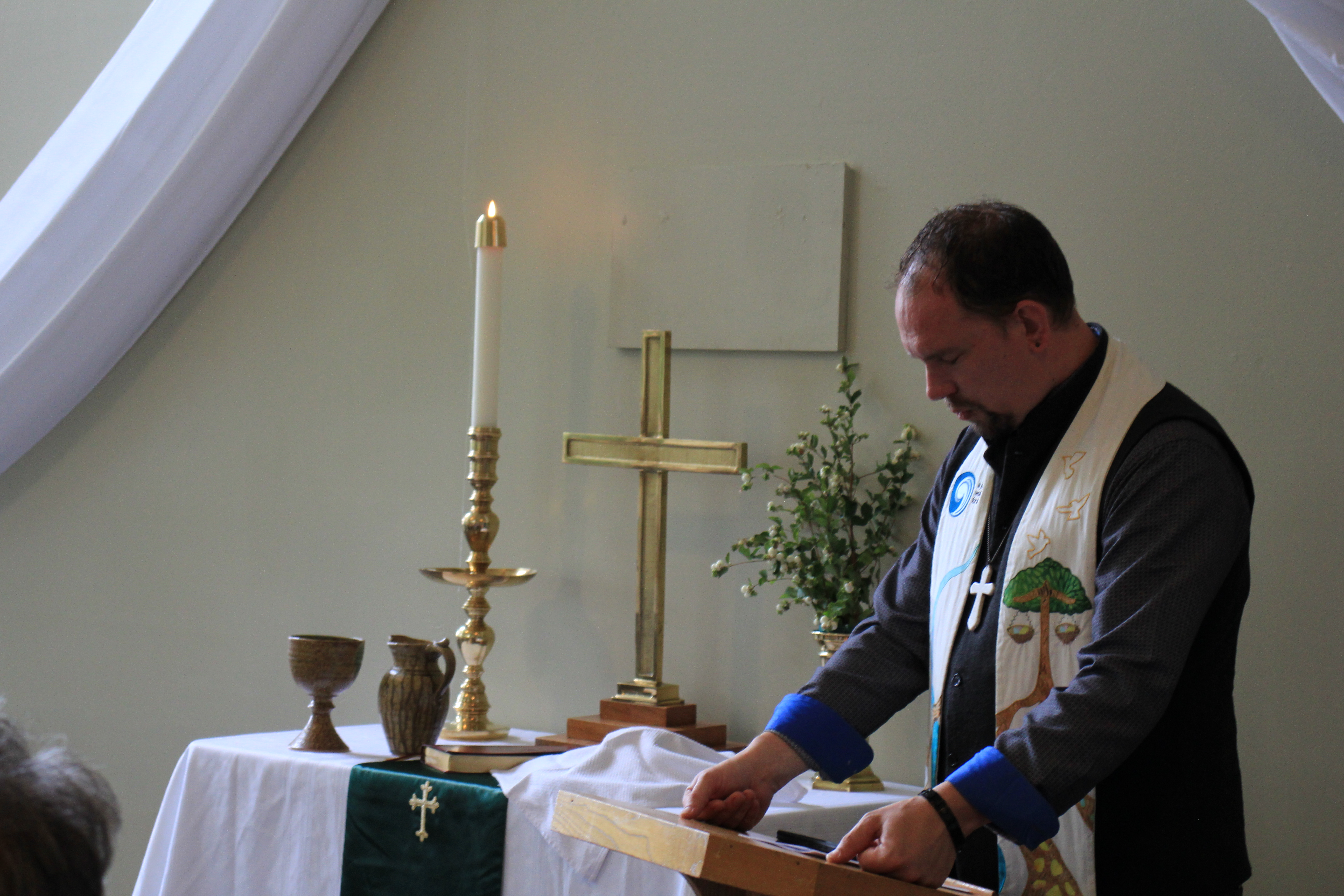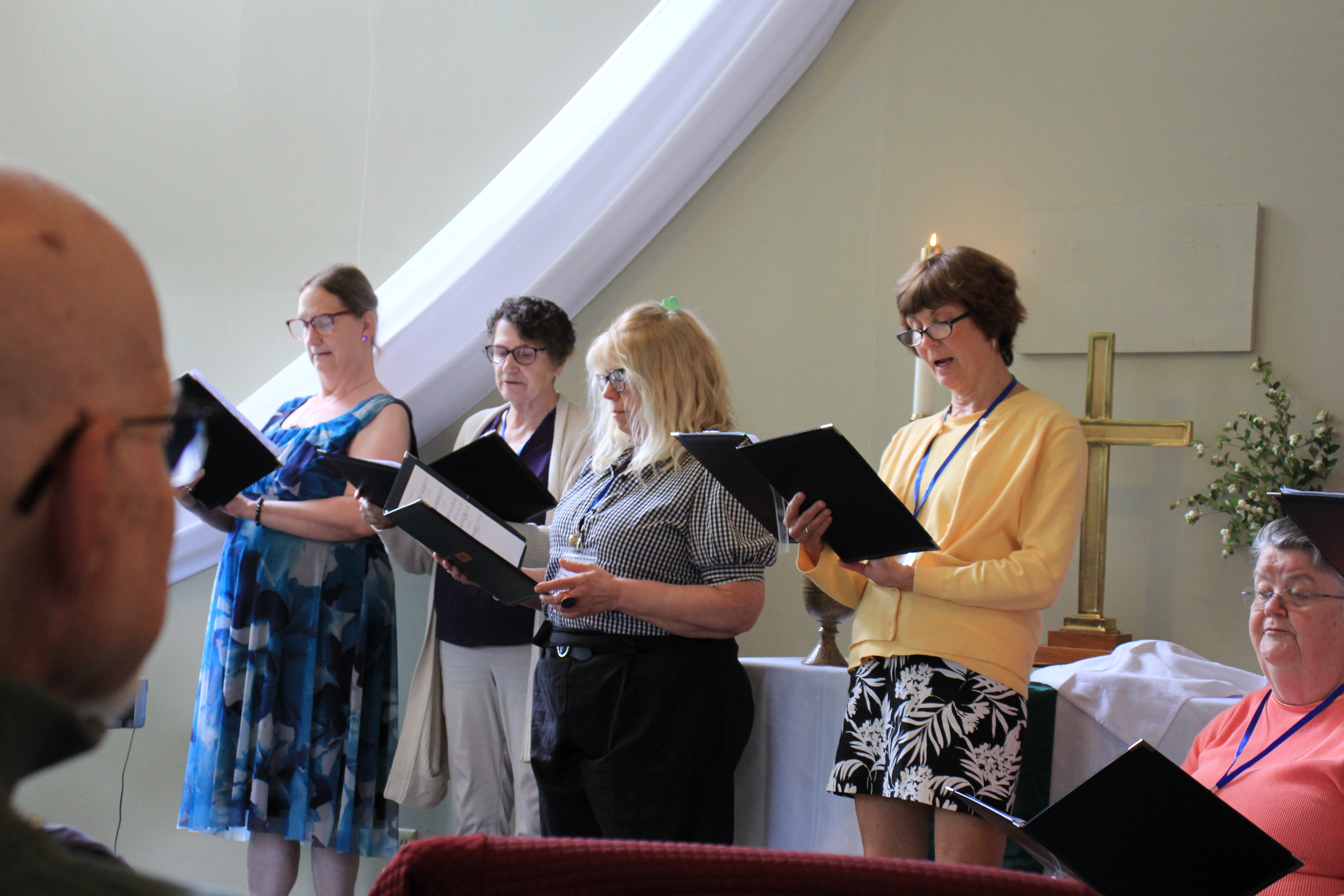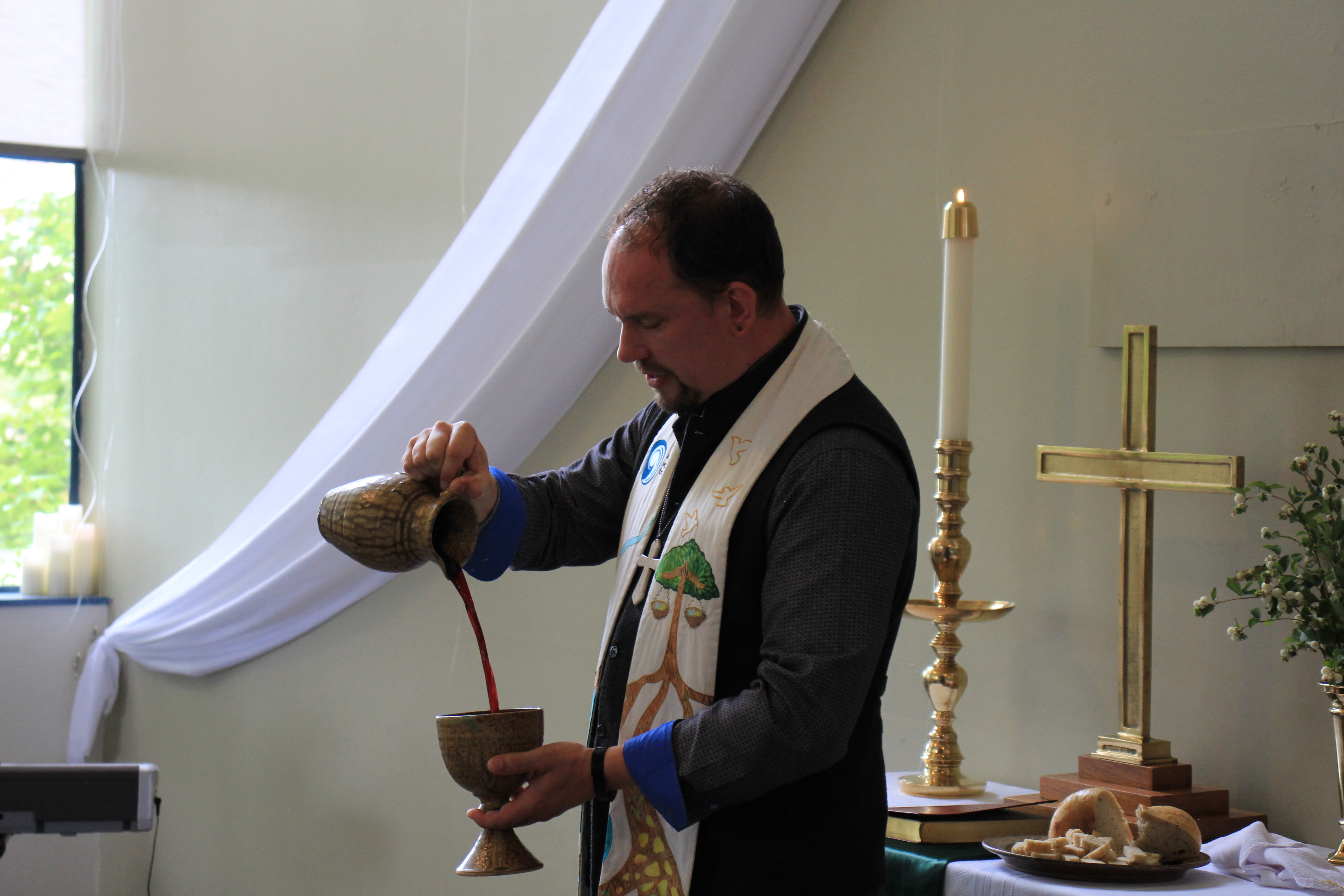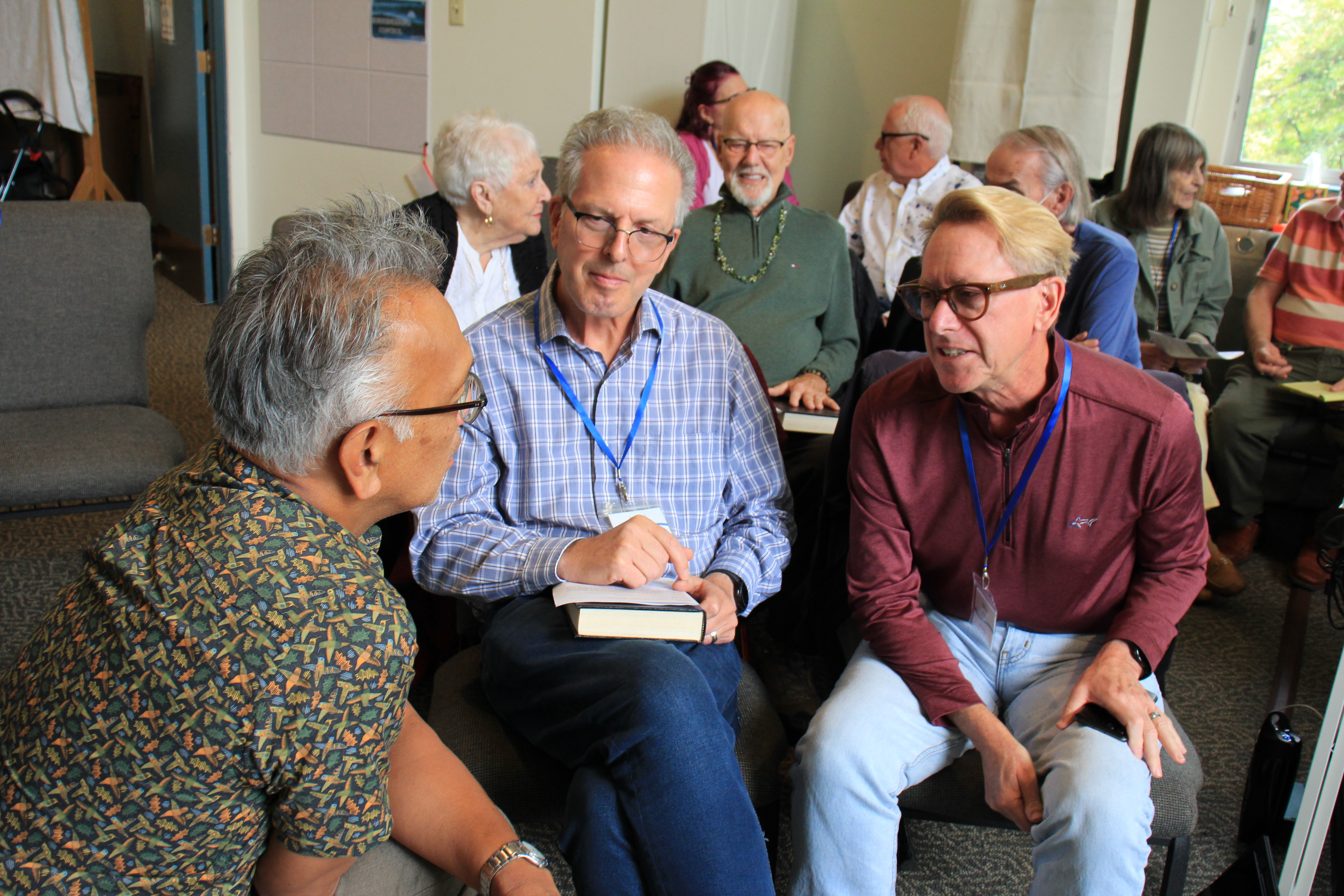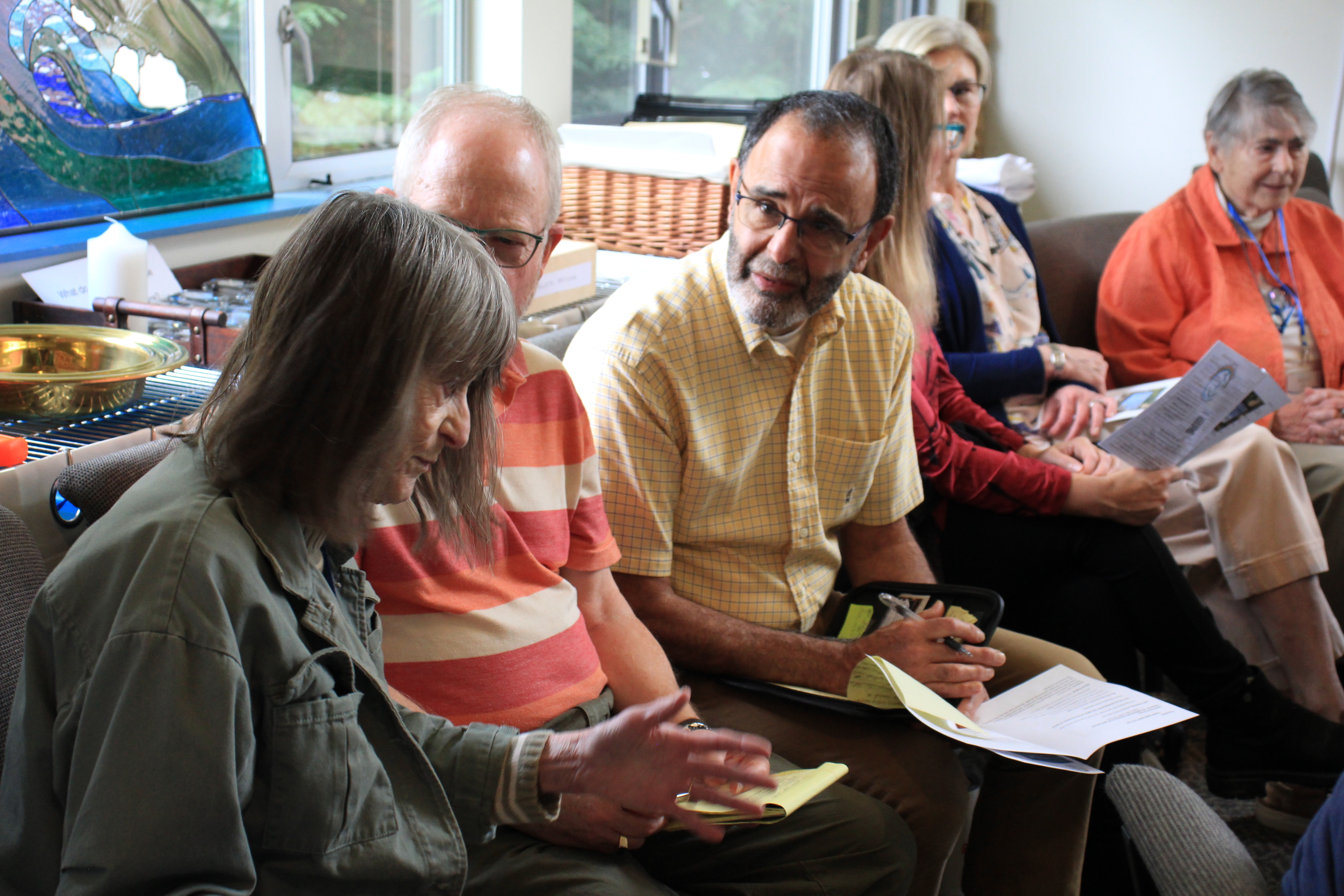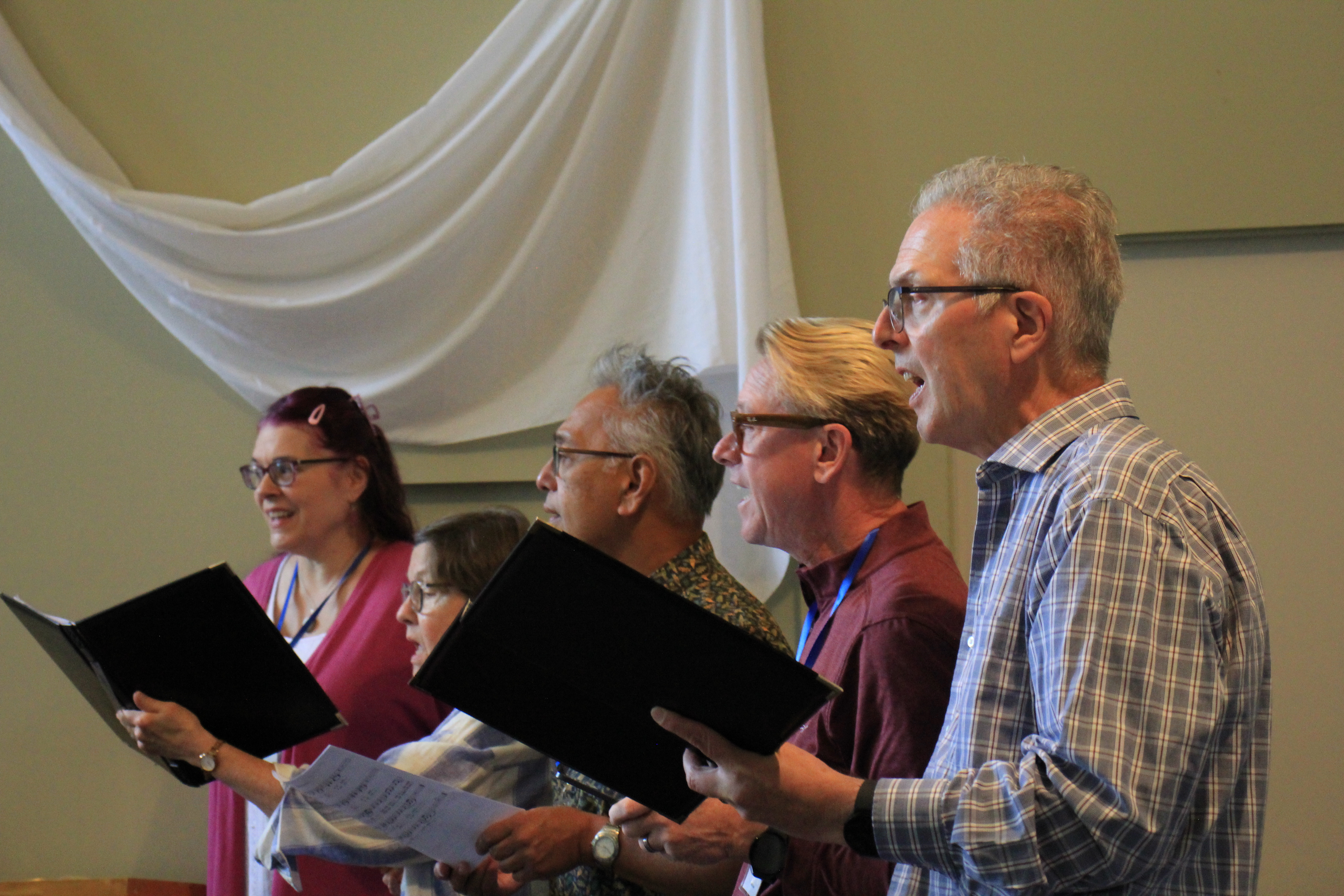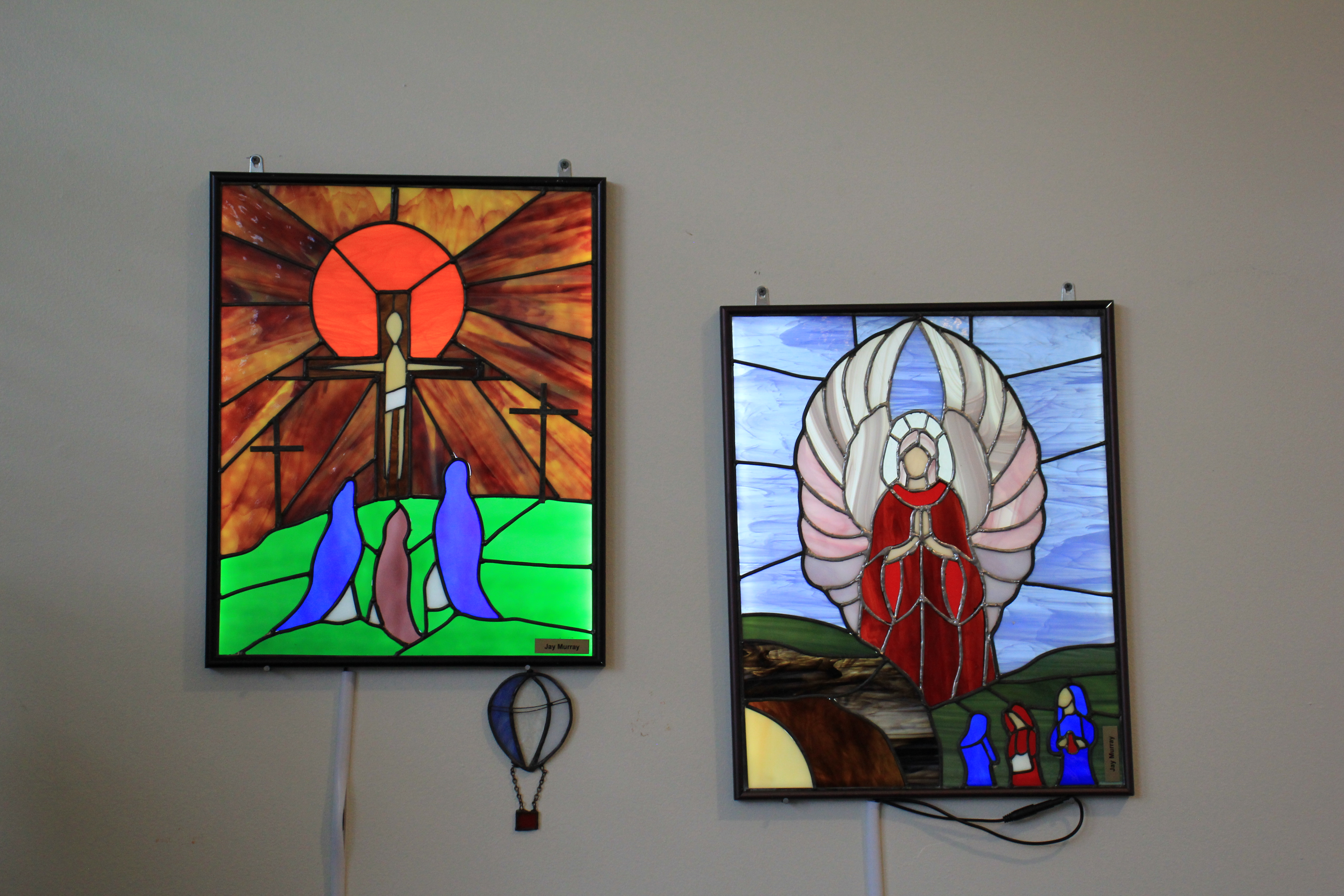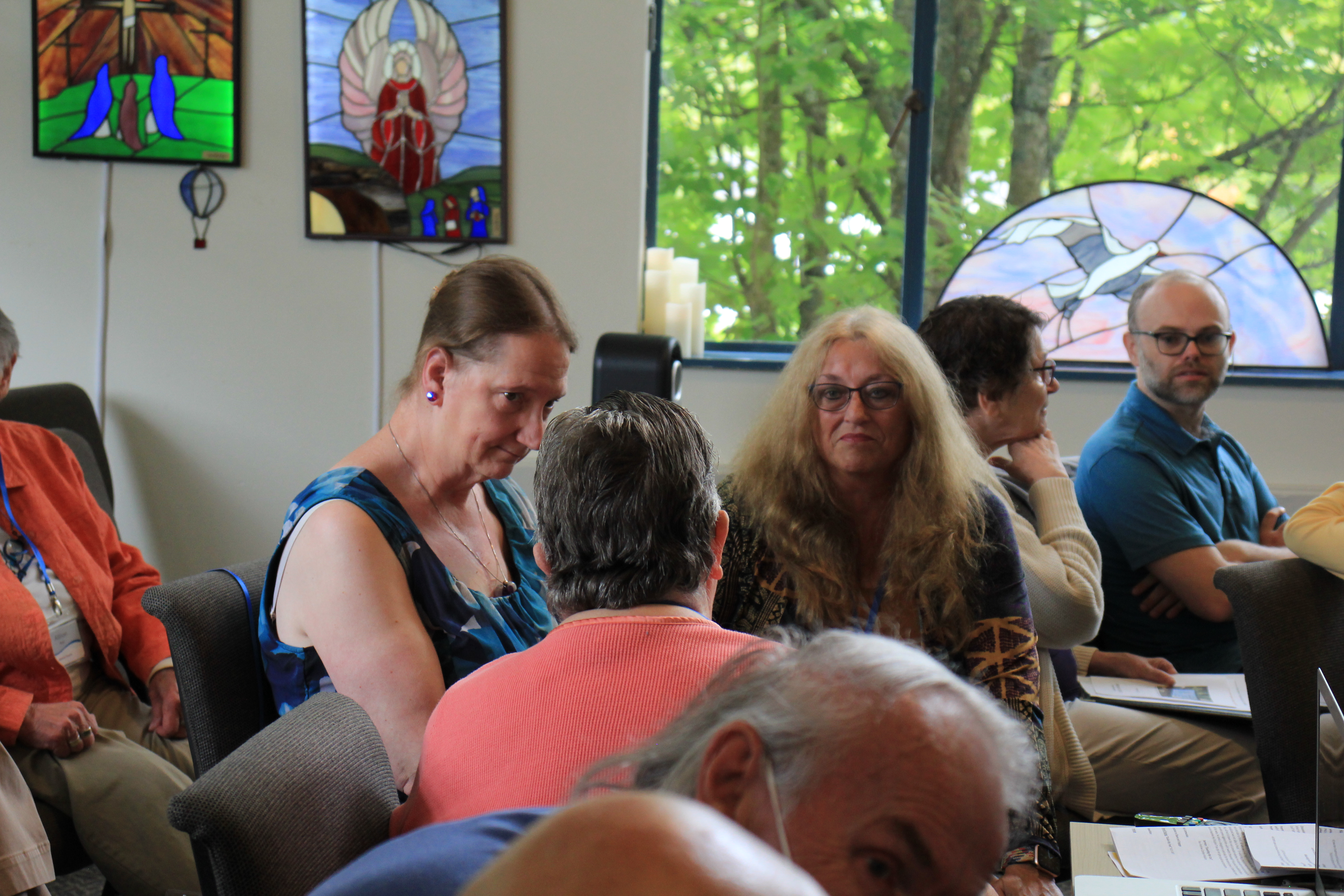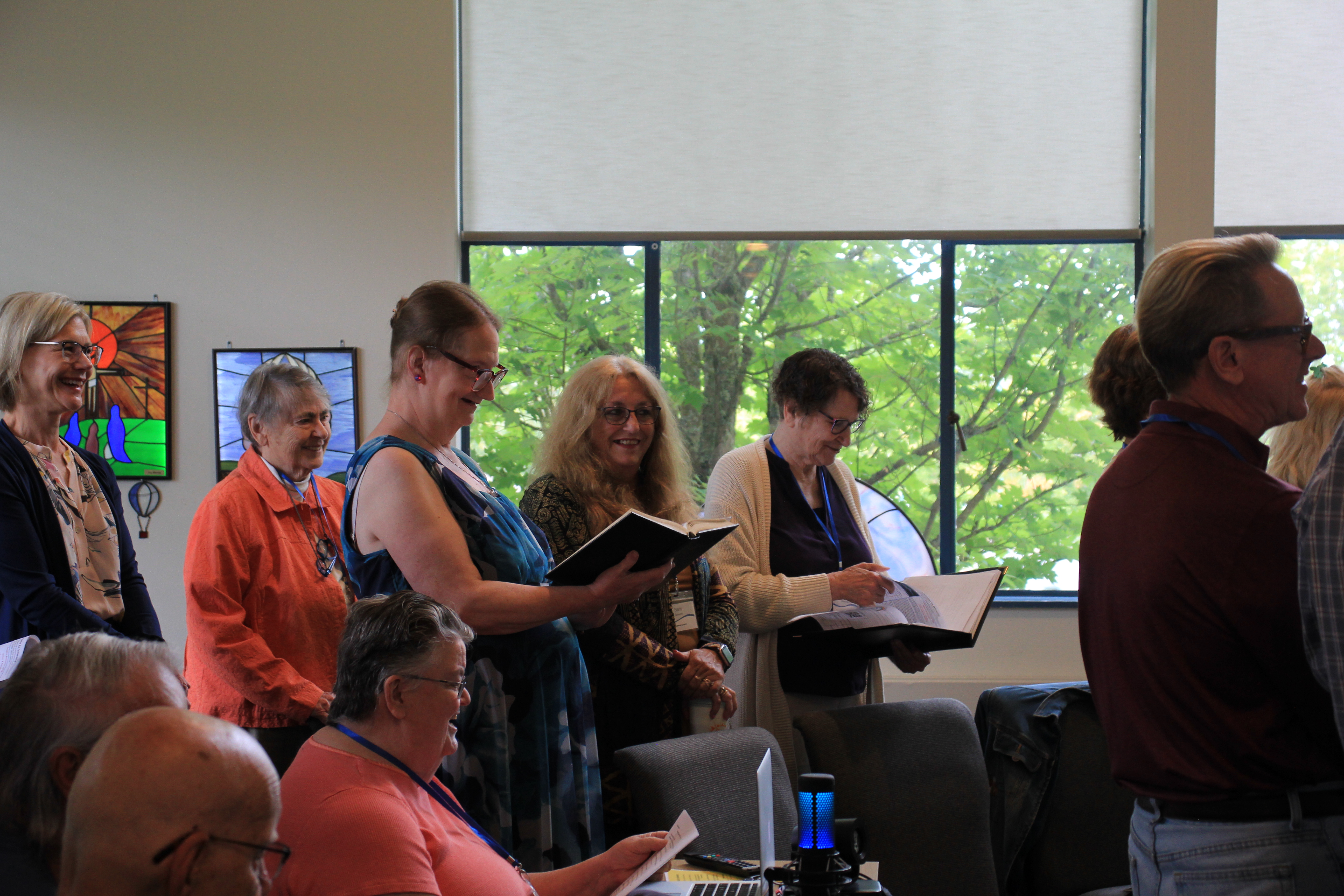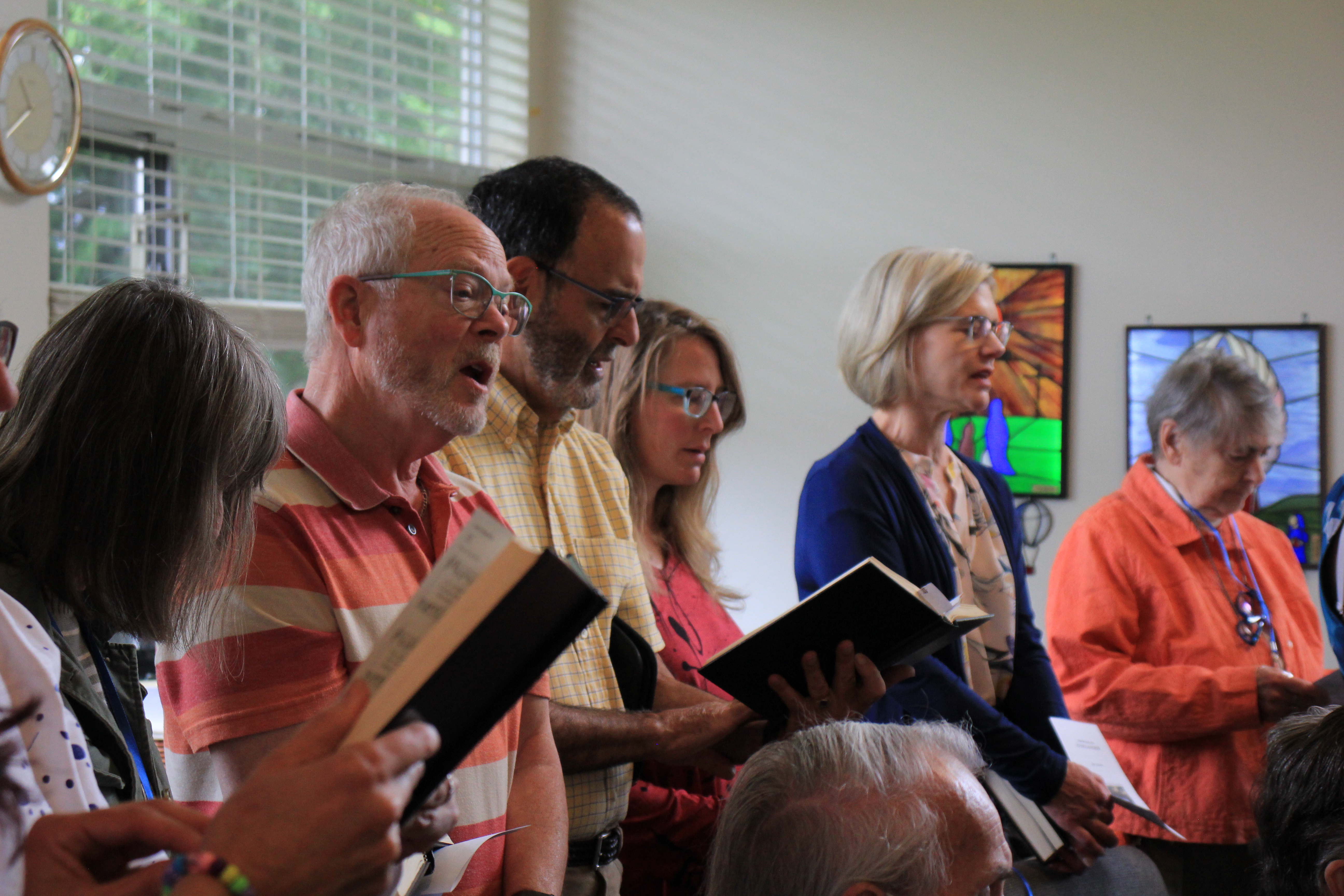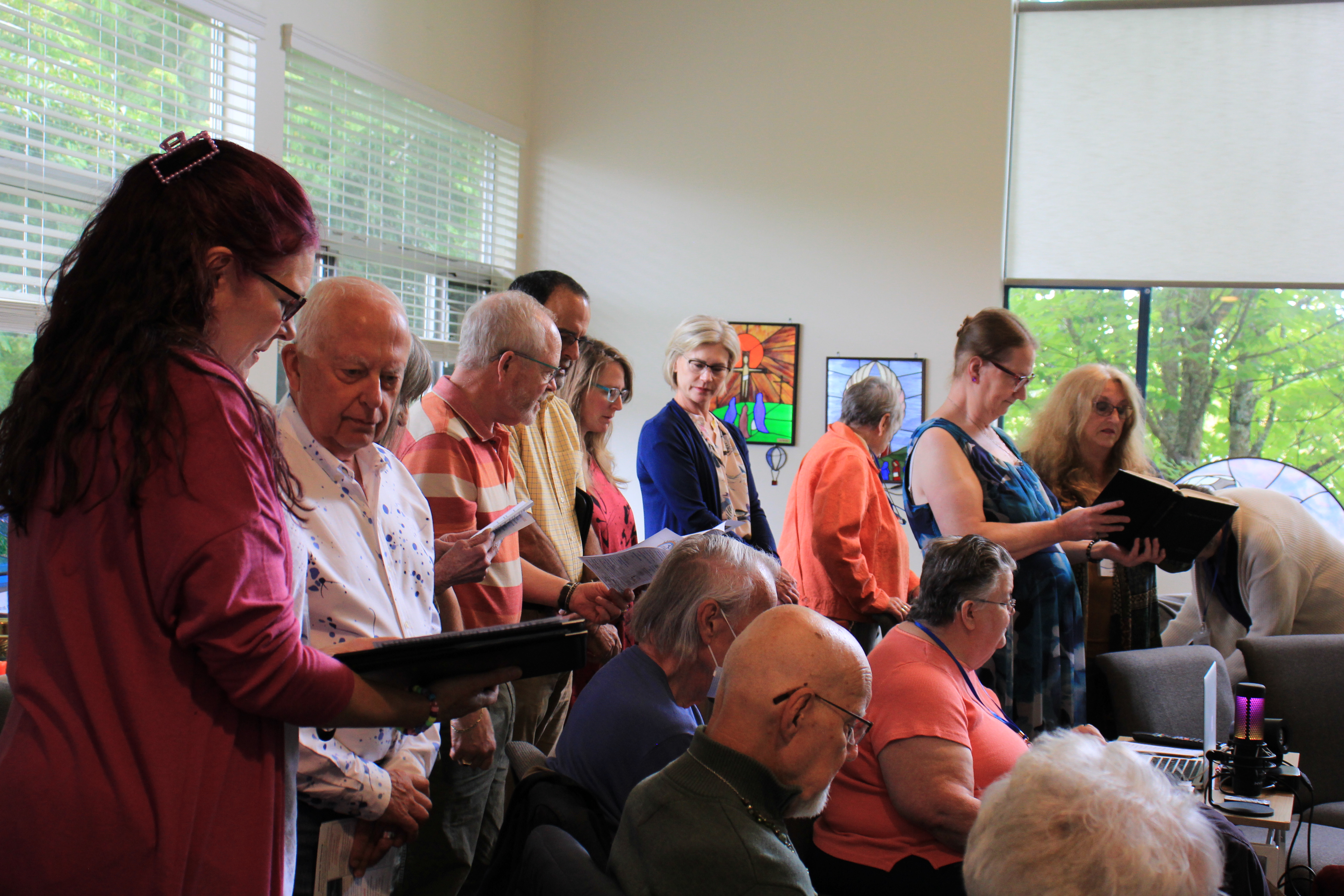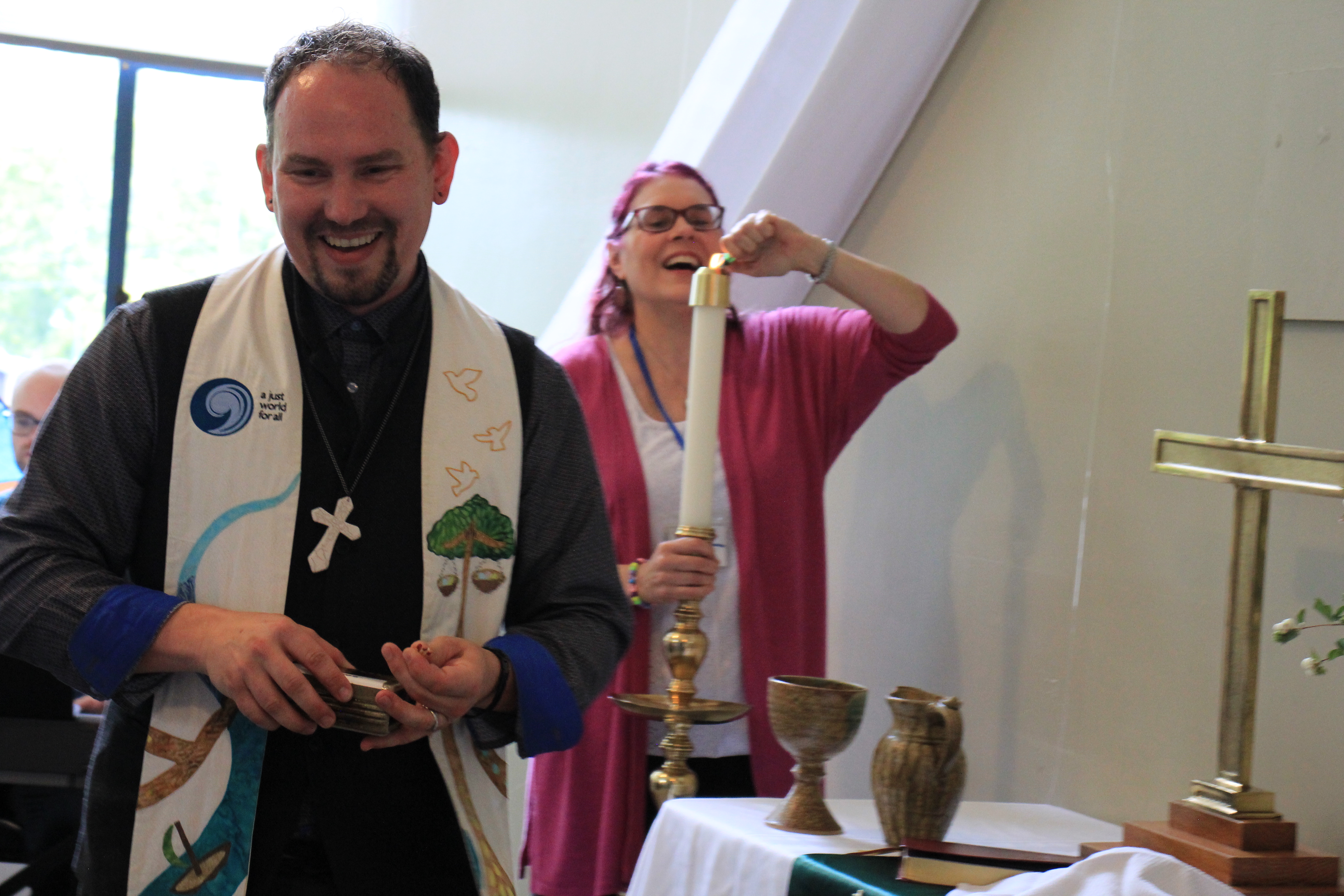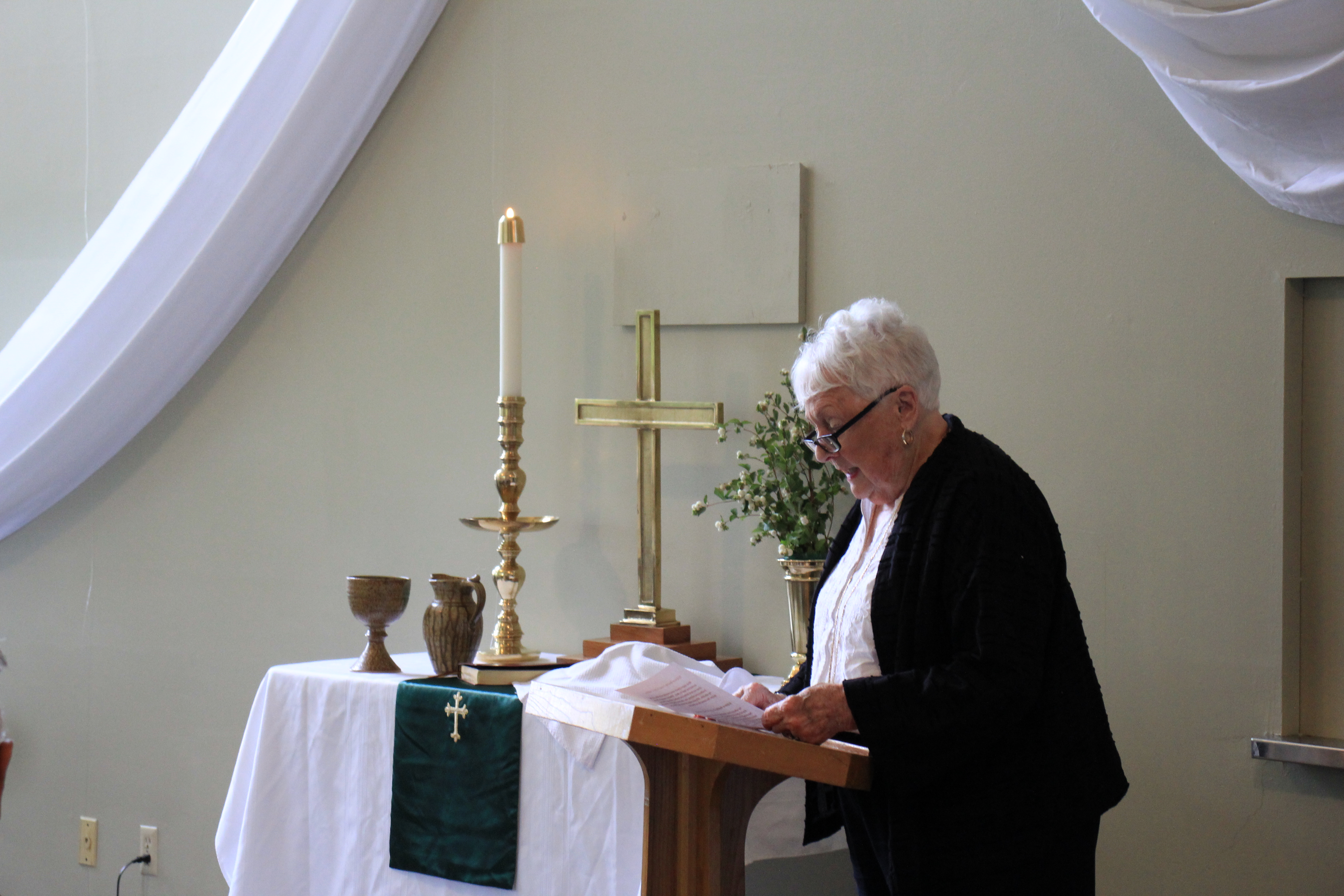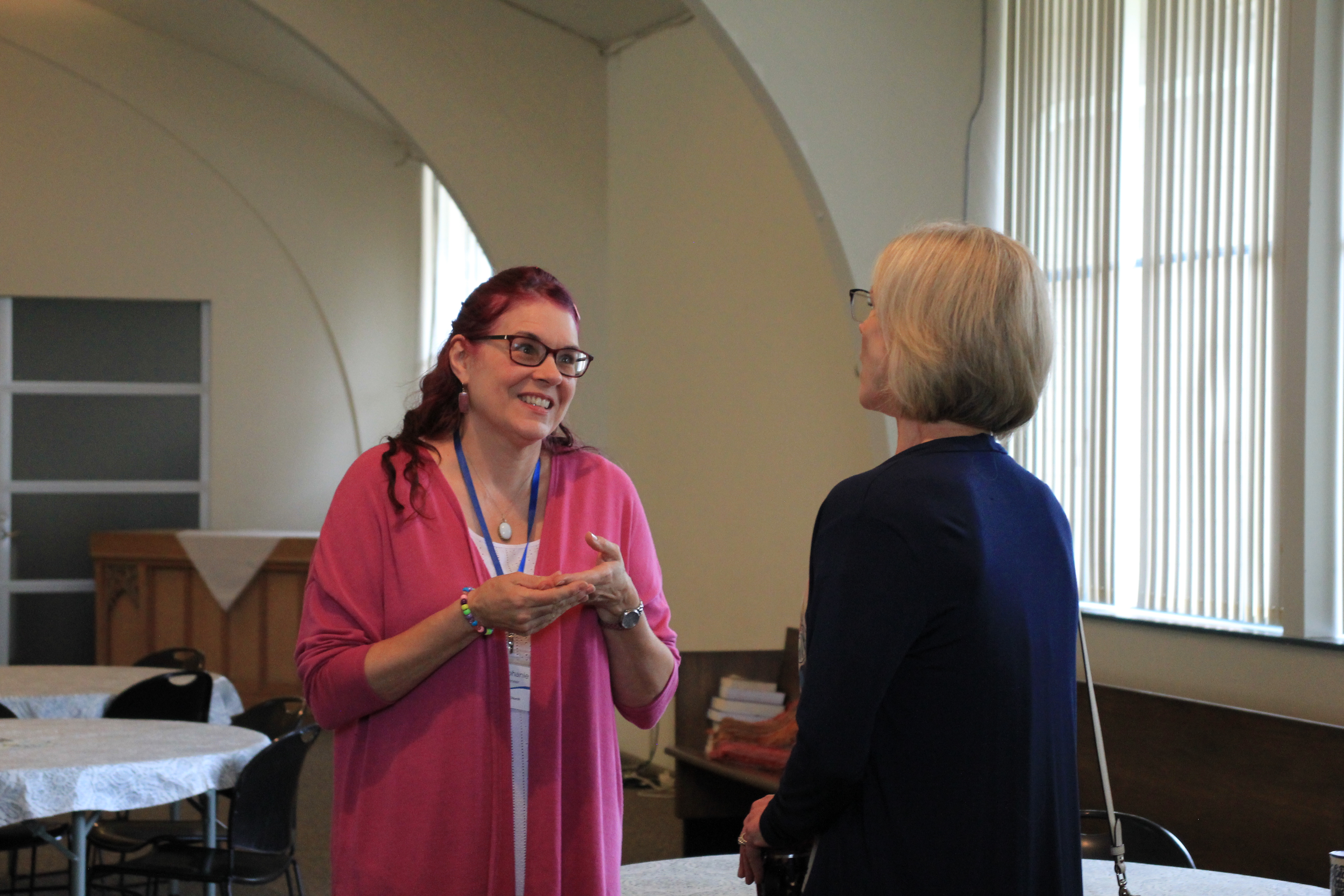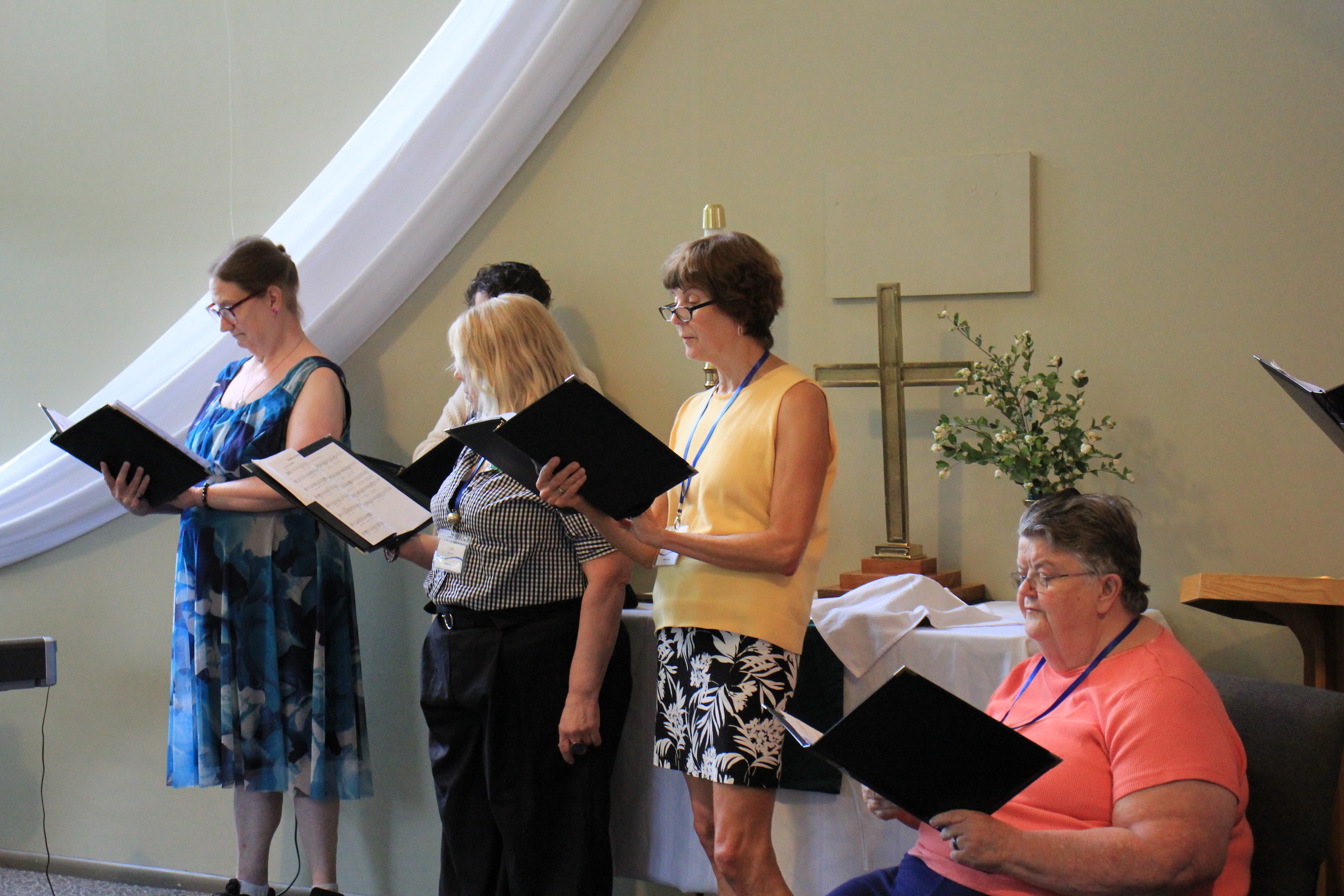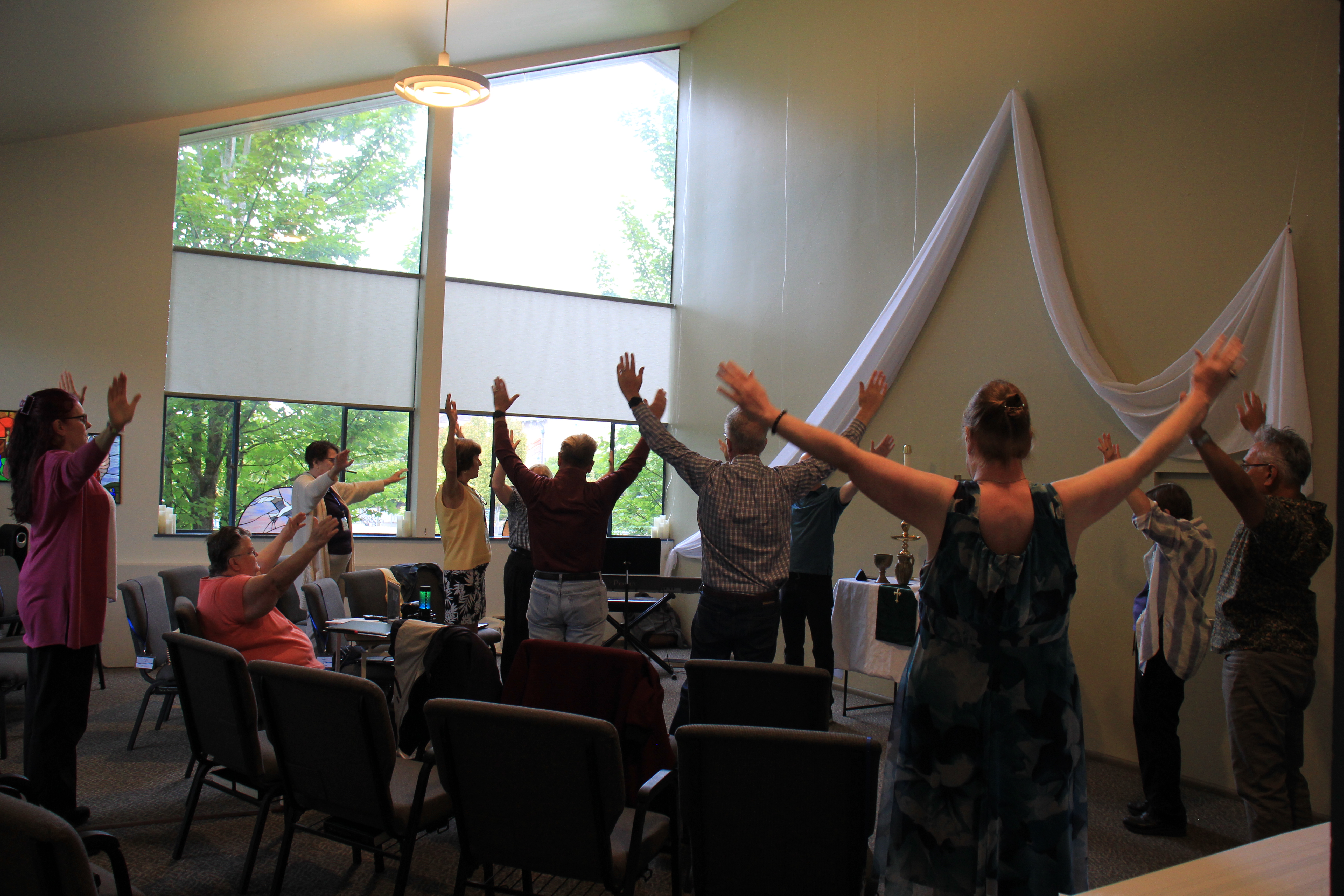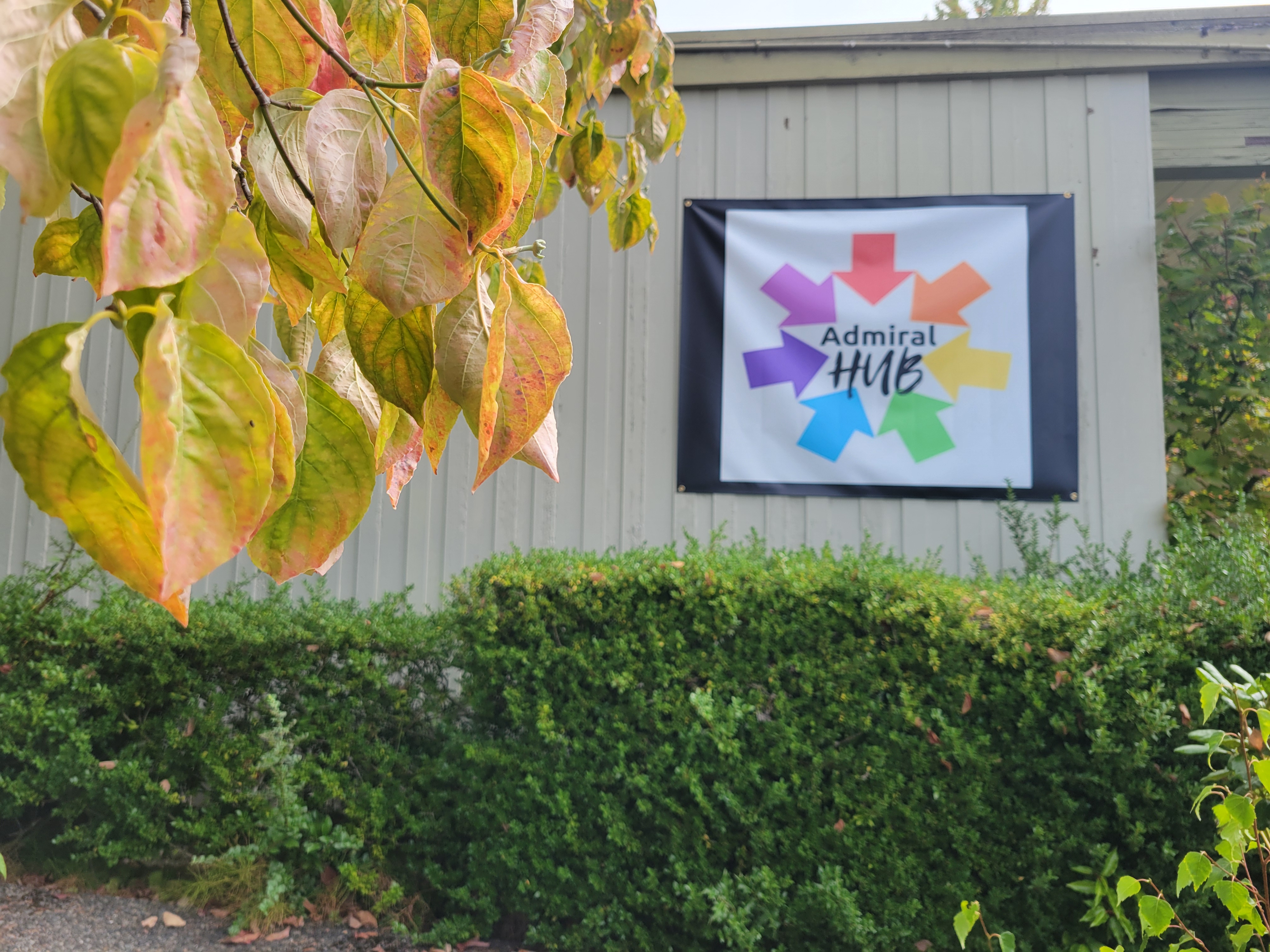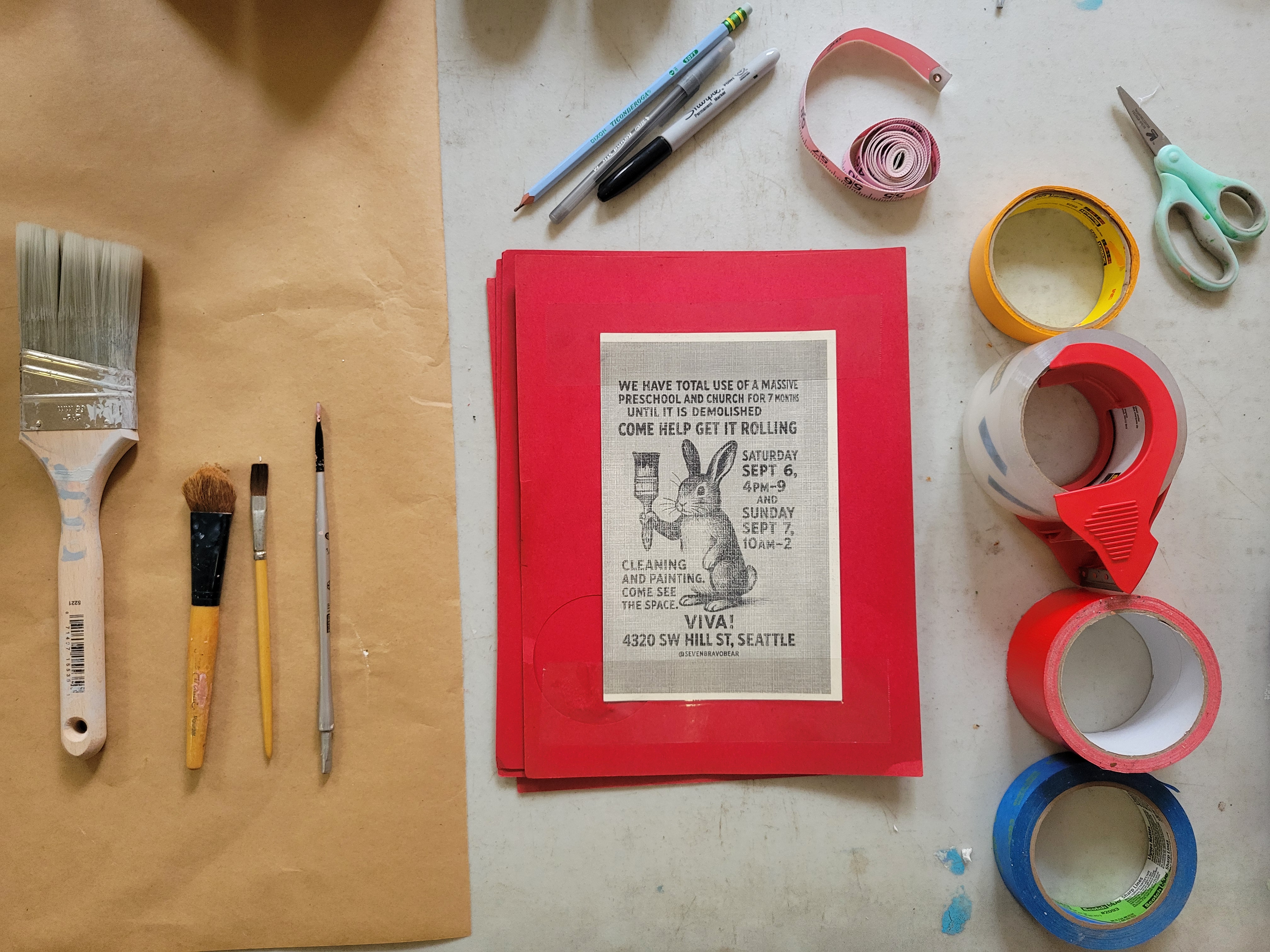Sign Up Here To Receive Our Monthly Newsletter, Including Our Pastor's Monthly Message, by Email

Claiming Our Place in Tikkun Olam (Repair of the World)
Your ancient ruins shall be rebuilt; you shall raise up the foundations of many generations; you shall be called the repairer of the breach, the restorer of streets to live in. –Isaiah 58:12
Are you intimidated by the words of Isaiah? Are you, like me, a little uncertain of our role in God’s vision for the Earth? It can be easy to assume that this work is destined for someone else, that there is someone better equipped out there who is being prepared to step up and step in on God’s behalf. This, my friends, is idolatry.
In Orthodox Judaism, the concept of tikkun olam is the prospect of overcoming all forms of idolatry such that God alone is sovereign. One of those forms of idolatry in modern society is the myth of altruistic people, or worse, perfect people. This false belief allows us to shirk the responsibility given to us as people “created in God’s image” (Gen. 1:27) and given access to God’s Spirit. “When they bring you to trial and hand you over, do not worry beforehand about what you are to say; but say whatever is given you at that time, for it is not you who speak, but the Holy Spirit.” (Mark 13:11) God does not call the prepared; God prepares the called, and as disciples of Christ Jesus, we are ALL CALLED to tikkun olam.
Other Jewish traditions have interpreted tikkun olam as acts of service and kindness done as small, personal commitments to “repair the world”. While this makes the concept more accessible, it also loses its radical edge. What if our kindness, generosity, humility, and peacefulness were about more than making people (and ourselves) feel good? What if we did them because we were devoted to tearing down idols that glorify cynicism, tribalism, individualism, scarcity, and fear? What if we were committed to God’s vision for the world, and we trusted that our actions, no matter how local, were part of unseating these idols from Earth?
One of the very first idols we must tear down is the idol of altruism. No one is doing this work for selfless reasons, nor should they. Alignment with God is not a denial of the self; we are made in the image and likeness of God. It is actually an uncovering of our true self and a shedding of the death-fearing, control-seeking ego-self that is the mark of discipleship. Altruism imagines a person without a personal stake in the change they make, a person who works for the “objectively good” things regardless of their personal connections to those things. Altruism is an idol because it describes behavior only done by the “really good” people. Being “good”, as we discussed in October, is a fool’s errand. We are called to be in service to the good, not to claim that we ARE the good. “Why do you call Me good?” Jesus asks. “None is good but God alone” (Mark 10:18).
This is Jesus’ vision for His ministry, and ours: that we tether ourselves to God’s vision for Earth. Throughout Advent, John has been keeping us focused on God’s Kingdom coming, preparing the way and getting the people ready for the One who is to come. During January, we will be considering how Jesus steps up and steps into His role as “Proclaimer in Chief” of the Good News of God’s liberation from idolatry. We will stay in Luke’s Gospel, considering what Jesus’ baptism, temptation by the devil, and proclamation of the Year of the Lord’s Favor teach us about how we might step up and step into our role in tikkun olam.
In Peace and With Love,
Pastor Andrew

